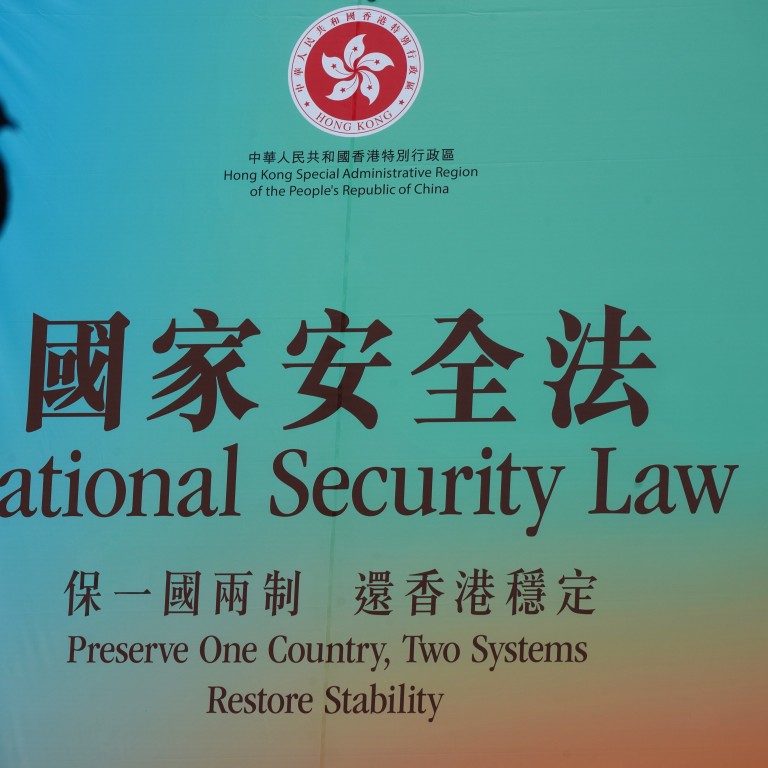
Taipei warns of ‘hostage diplomacy’ under Beijing’s national security law in Hong Kong
- Head of Taiwan’s Mainland Affairs Council says legislation undermines human rights and regional security
- Democratic countries should stand united against mainland China’s expansion, Chen Ming-tong says
The Hong Kong security law has rattled nearby self-ruled Taiwan, which Beijing regards as its own territory and has vowed to one day seize, by force if necessary.
A provision within the law claims global jurisdiction and allows the mainland to prosecute especially serious cases instead of semi-autonomous Hong Kong’s independent judiciary.
Chen Ming-tong, head of Taiwan’s Mainland Affairs Council, said the law would enable Beijing to carry out “hostage diplomacy”.
“The national security law for Hong Kong has seriously invaded democracy and human rights to impact regional security and unnerve the international community,” Chen said.
The law says national security offences can be prosecuted even if they take place outside Hong Kong or mainland China and are committed by foreigners.
That has raised fears that Beijing critics could face prosecution and extradition to mainland China if they travel to or transit through Hong Kong.

05:50
What you should know about China's new national security law for Hong Kong
Chen urged democratic countries to “stand united in order to effectively counter China’s expansion in an autocratic nature”.
The two men have since been hit with spy charges.
Taiwan’s government now fears something similar could happen with the Hong Kong law.
Beijing has taken an especially hard line towards Taiwan ever since the 2016 election of President Tsai Ing-wen because she regards the island as a de facto sovereign nation and not part of “one China”.
Taiwanese critics of Beijing have been increasingly turned away by Hong Kong authorities in recent years.
Tsai, who has been critical of Beijing’s clampdown against Hong Kong protesters, has warned of “countermeasures” should the new security law cause any “damage” to Taiwan.
Taipei has a trade and cultural office in Hong Kong handling unofficial ties.
But it has been devoid of a chief since mid-2018 as Hong Kong has yet to issue a visa amid worsening ties between Taipei and Beijing, as well as Taiwan’s support for the city’s anti-government protest movement.
Over the years, mainland China has used national security laws to prosecute Taiwanese nationals on the mainland.

.png?itok=arIb17P0)